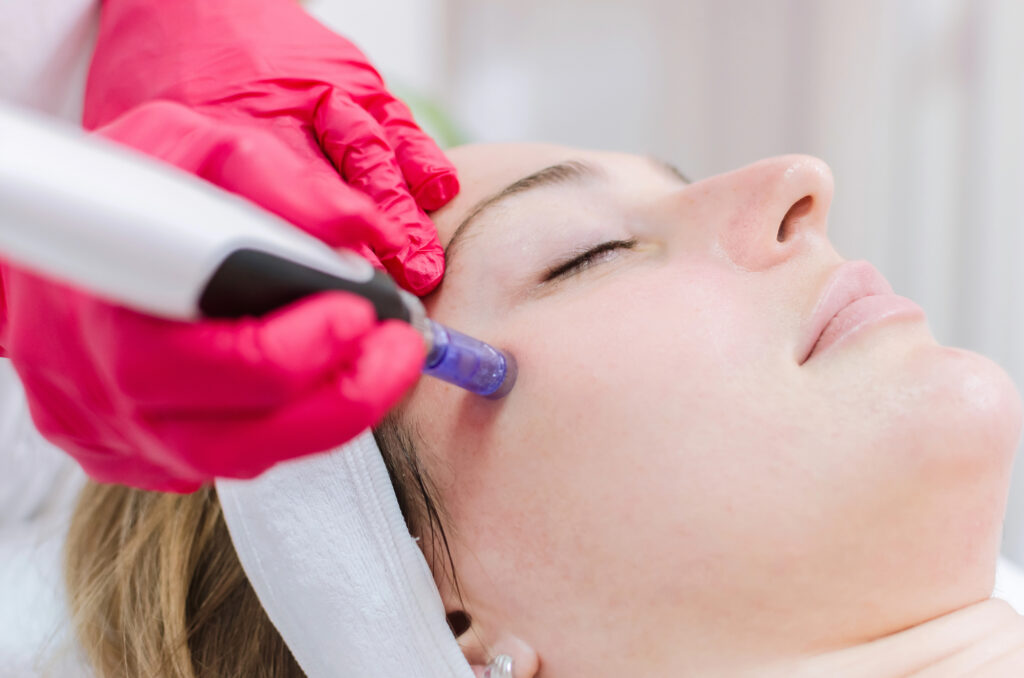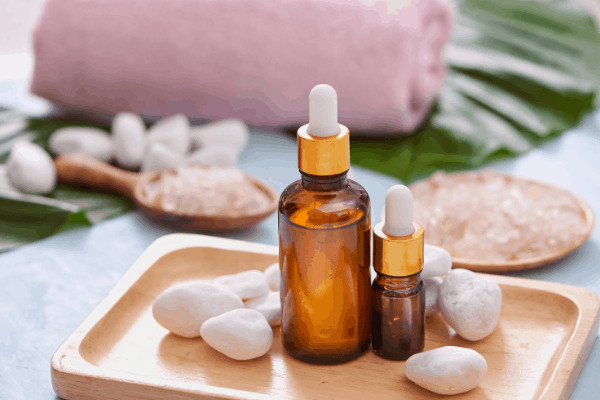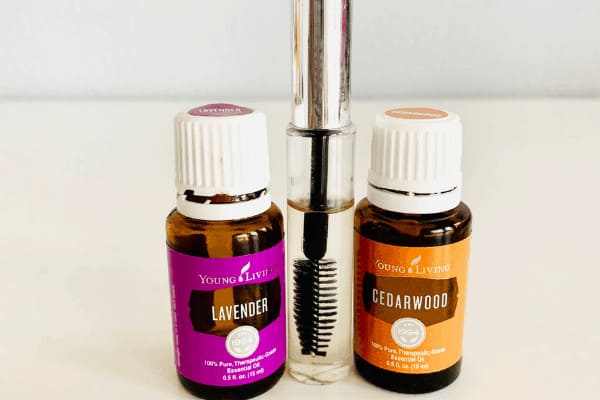Hyperpigmentation, a common skin concern, appears as dark spots or patches caused by excess melanin production in certain areas. Factors like sun exposure, inflammation, hormonal changes, and even certain medications can trigger hyperpigmentation, making it a persistent challenge for many. While it’s not harmful, it can be a source of insecurity. Fortunately, a range of strategies, from preventive measures to advanced treatments, can help manage and reduce hyperpigmentation. Here are some top tips to help you address and prevent this condition effectively.
- Prioritize Sun Protection
Sun exposure is a large culprit behind hyperpigmentation, as UV rays stimulate melanin production, which can worsen existing dark spots and create new ones. Daily sun protection is essential, even on cloudy days or when indoors, as UV rays can penetrate windows. Use a broad-spectrum sunscreen with an SPF of at least 30, and consider adding protective measures like wide-brimmed hats and sunglasses when outside. Reapply sunscreen every two hours, especially if you’re sweating or swimming, to maintain optimal protection.
- Incorporate Antioxidants
Ingredients like vitamin C and niacinamide are potent antioxidants that guard the skin against free radical damage, a factor that can worsen hyperpigmentation. Vitamin C is especially valued for its brightening effects and its capacity to reduce melanin production. Adding serums or moisturizers with these ingredients into your daily skincare routine can help prevent new dark spots from developing and gradually lighten existing pigmentation.
- Avoid Picking or Scratching Your Skin
Hyperpigmentation can often develop as a result of skin trauma or inflammation, a process known as post-inflammatory hyperpigmentation (PIH). When you pick at pimples, scratches, or other skin issues, it can lead to dark spots as the skin heals. To avoid worsening hyperpigmentation, refrain from picking, scratching, or popping blemishes. Instead, treat skin issues with gentle products and consult a dermatologist if necessary for professional help.
- Consider Gentle Exfoliation
Exfoliation assists in clearing away dead skin cells, revealing fresh, new skin underneath. Consistent exfoliation with mild chemical exfoliants, such as alpha hydroxy acids (AHAs) or beta hydroxy acids (BHAs), can help gradually lighten hyperpigmented spots. However, excessive exfoliation can irritate the skin and potentially worsen hyperpigmentation. Begin by exfoliating once or twice a week, and gradually increase if your skin responds well.
- Explore Advanced Treatments
For more stubborn hyperpigmentation, professional treatments from a company like Pure Skin Dermatology may be an effective option. Options like chemical peels, microdermabrasion, and laser therapy can help break down excess melanin and promote an even skin tone. Laser treatments, in particular, are becoming popular for their precision and efficacy. A treatment like laser skin resurfacing targets pigmented areas, helping to break down dark spots and reveal fresh, even-toned skin underneath.
- Use Skin-Lightening Ingredients
Ingredients like hydroquinone, kojic acid, and licorice extract are known for their skin-lightening properties. These work by inhibiting melanin production and can be effective in treating hyperpigmentation when used consistently. It’s important to follow the guidance of a dermatologist when using these products, as they can be potent and may cause irritation.
- Be Patient and Consistent
Hyperpigmentation can take time to fade, and it’s important to be patient and consistent with your routine. Results may not appear overnight, but with consistent use of sun protection, skin-brightening ingredients, and, if needed, professional treatments, you can see gradual improvement over time.
Conclusion
Managing hyperpigmentation involves a combination of preventive and corrective measures. By protecting your skin from sun exposure, incorporating antioxidants, avoiding skin trauma, and exploring professional treatments, you can achieve a brighter, more even complexion. Hyperpigmentation may be a stubborn issue, but with dedication to the right skincare practices, significant improvements are possible. Remember, consulting with a dermatologist can provide personalized guidance and ensure you use the best approach for your unique skin needs.





